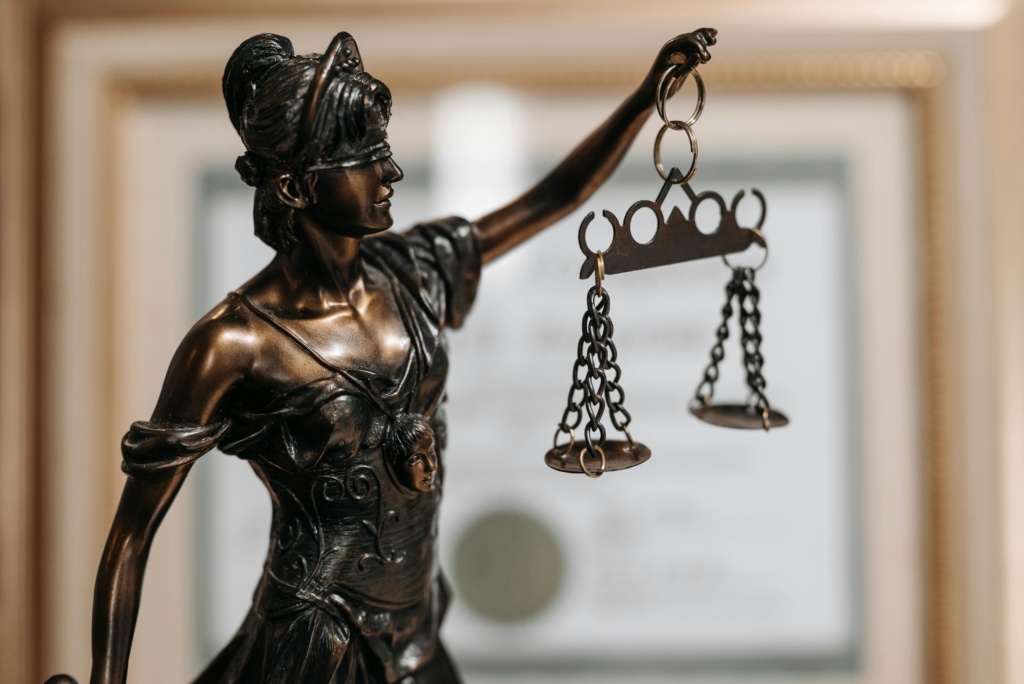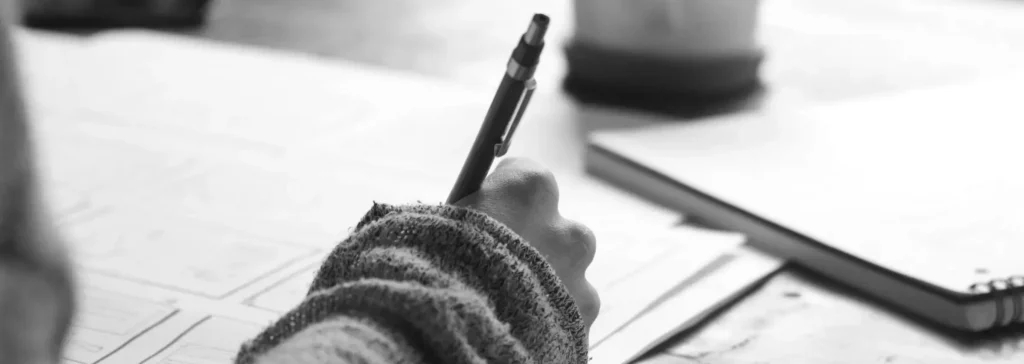If you contemplate making a compensation claim in the aftermath of an accident causing injury, you will be faced with a lot of potentially confusing legal jargon.
Understanding basic aspects of compensation law is important for you to start to grasp the extent of your legal rights to compensation and the limits and restrictions on those rights.
This article attempts to cut through some of the complexity and jargon and provide you with some useful basic information and resources to understand your rights and whether and how you would like to assert them.
What is Compensation Law?
Compensation law deals with legal disputes arising from incidents caused by someone else’s negligence. It aims to compensate the hurt party and deter careless behaviour. This law protects individuals who suffer physical, psychological, or financial harm due to another party’s negligence, such as car incidents, slip and falls, medical malpractice, or faulty products.
Key Principles of Compensation Law
Negligence
Negligence is a central concept in compensation law. It refers to the failure to exercise reasonable care, resulting in harm to another person. To establish negligence, the hurt party must prove:
The defendant owed a duty of care.
The defendant breached that duty.
The breach caused the incident.
The incident led to damages.
Duty of Care
Duty of care is the legal obligation to avoid causing harm. This duty varies depending on the relationship between the parties and the context of the situation. For example, drivers have a duty to follow traffic laws and drive safely to prevent incidents.
Causation
Causation links the breach of duty to the incident suffered. The hurt party must demonstrate that the defendant’s actions were the direct cause of the incident and that the incident was a foreseeable result of those actions.
Types of Compensation Cases
Motor Vehicle Incidents
Motor vehicle incidents are one of the most common types of compensation cases. Victims can suffer significant physical, emotional, and financial harm. Claims often involve proving the other driver was negligent and caused the incident.
Workplace Incidents
Workplace incidents occur when employees are harmed due to unsafe working conditions, inadequate training, or employer negligence. Workers’ compensation laws typically govern these cases, but additional compensation claims may be possible if a third party is involved.
Public Liability Claims
Public liability claims cover slip and fall incidents in public places, incidents at businesses, and other incidents where someone else’s negligence caused you harm.
Medical Negligence
Medical malpractice involves harm caused by a healthcare professional’s failure to provide competent care. Examples include surgical errors, misdiagnoses, and medication mistakes. These cases require proving that the healthcare provider deviated from accepted medical standards.
Product Liability
Product liability cases arise when a defective product causes harm. Manufacturers, distributors, and retailers can be held liable if they fail to ensure their products are safe for consumers. Types of defects include design flaws, manufacturing errors, and inadequate warnings.
Do I Need a Compensation Lawyer?
Compensation claims can be complex. An experienced compensation lawyer can:
Guide you through the claims process, handling legalities so you focus on recovery.
Fight for maximum compensation, covering medical expenses, lost wages, pain and suffering, and future needs.
Navigate the legal system, ensuring your case is handled correctly.
The Compensation Claim Process in Brisbane
Getting the compensation you deserve after an incident can feel overwhelming. Here’s a simplified breakdown of the compensation claims process in Brisbane.
1. Initial Consultation
Your first step is consulting with a Brisbane compensation lawyer. This is your chance to discuss your case, understand your options, and get expert advice. Be sure to bring any medical reports, incident details, and communication with insurance companies.
2. Gathering Evidence
Strong evidence is the cornerstone of a successful compensation claim. This can include:
Medical records and reports
Witness statements
Photographs of incident scenes
Expert testimonies
Your lawyer will assist in collecting and organising this evidence to build a compelling case.
3. Filing Your Claim
Once the evidence is gathered, your lawyer will file your claim with the appropriate party, which could be an insurance company or a government agency. This claim will detail your impairments, the incident, and the compensation you seek.
4. Negotiation and Settlement
Most compensation claims are settled outside court through negotiation with the responsible party’s insurance company. Your lawyer will handle these negotiations, aiming to secure a fair settlement that covers your medical bills, lost wages, pain and suffering, and other damages.
5. Going to Court (if necessary)
If negotiations fail to reach a fair settlement, your lawyer will guide you through the court process. While court can be complex, their experience will be invaluable in presenting your case and fighting for the compensation you deserve.
Compensation and Damages
Types of Compensation
1. Economic Damages: Cover tangible losses such as medical expenses, lost wages, and property damage.
2. Non-Economic Damages: Compensate for intangible losses like pain and suffering, emotional distress, and loss of enjoyment of life.
Factors Influencing the Amount of Compensation
1. Severity of Impairment: More severe impairments typically result in higher compensation.
2. Impact on Life: The extent to which the impairment affects daily activities and earning capacity.
3. Negligence of Parties: The degree of fault attributed to each party involved.
Final Word
Been hurt in an incident due to someone else’s negligence? Compensation law can help you get the compensation you deserve.
Understanding the basics empowers you to navigate your claim. But for the best outcome, consult a knowledgeable compensation lawyer. They can fight for fair compensation covering medical bills, lost wages, and pain and suffering.















